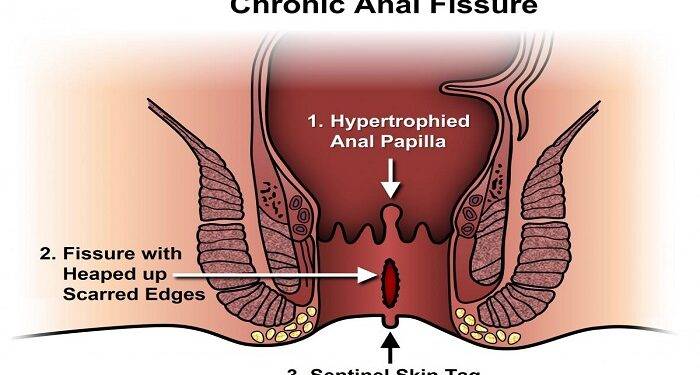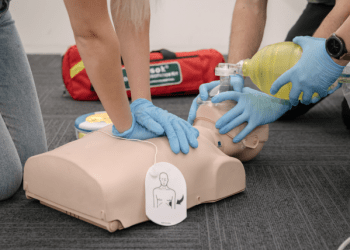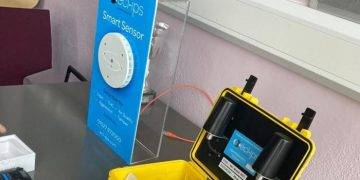It is easy to get confused by the differences between Anal Fissures & Hemorrhoids. Although the symptoms are very similar, such as pain, bleeding, and itching in your rectal area there is a significant difference. Anal fissures can be described as skin breaks or ulcers. Hemorrhoids can cause swelling of the veins. Good news: 60% of anal fissures heal in a matter of weeks.
Defining Anal Fissures
An anal fissure refers to a small tear or cut in the skin of the anus. A crack in the skin can cause severe pain and bright red bleeding after bowel movements. Sometimes, the fissure may be so deep that it exposes the muscle tissue beneath.
Anal fissure is not usually a serious condition. It can affect anyone of any age, but it is most common in children and infants. Constipation is a frequent problem among these age groups.
Most tears heal on their own within four to six week. If the fissure persists for more than eight weeks, it is considered chronic. Some treatments, such as stool softeners or topical pain relievers, can help promote healing and relieve discomfort.Anal fissures that don’t improve after these treatments may require surgery. Your doctor might need to examine you for other conditions that could cause anal fissures.
Causes of Anal Fissures
Most often, these tears or ulcers are caused by trauma like a hard stool movement. Anal opening was not designed to hold large, hard stool. This can cause damage to the anal canal. You can avoid constipation and loose stool by switching to a diet high in fiber and fluids that will produce soft bowel movements. Good fats, such as coconut oil, grass-fed butter, avocados, and olive oil, are great lubricants to keep your digestive system working properly.
To avoid hard, dry bowel movements, you can also use an over-the-counter natural stool softener. Fissures can be avoided by keeping things moving through your body. This is also a good idea after childbirth.
Diagnosing Anal Fissures
One or more of these symptoms could be present:
- An obvious tear in your skin around the anus
- A skin tag or small lump of skin should be placed next to the tear.
- Sharp pain in the anal region during bowel movements
- Sitting can cause discomfort.
- After wiping, streaks of blood appear on the stool or on the toilet paper.
- Itching or burning sensations in the anal region
Natural Treatment of Anal Fissures
Although less severe cases may heal themselves, more serious cases can require surgery.
- However, Botox injections are sometimes a viable option. Botox paralyzes the muscles to prevent spasms, and allows the fissures to heal.
- Lubricating your anal canal before every bowel movement can help protect it. The stool may pass easily with a dab of petroleum jelly placed about 1/2 inch below the rectum. You can choose a natural jelly.
- Avoid using wet wipes that contain alcohol. This is not a good idea if you have a fissure.
- Avoid diarrhea, which can be as harmful as constipated stool. They can cause tissue swelling and acid burns to the anal area. Take fiber supplements with very little water to reduce the risk of loose stool.
- Itchy and painful anal fissures can be frustrating. However, avoid scratching the skin with your sharp nails as this can further aggravate the already tender skin.
- Another solution is to lose weight. The more weight you have, the greater the chance of your body sweating. The skin is irritated by perspiration from the anal area. It also slows down the healing of fissures. Keep the area as cool and dry as possible.
- Warm water can be used to relax the anal muscles, increase blood flow and reduce discomfort. You can do this several times per day and get good results.
- Ice packs can be applied to sore areas whenever necessary.
- Certain foods, including spicy and hot foods, can cause irritation to the anal canal tissues.











